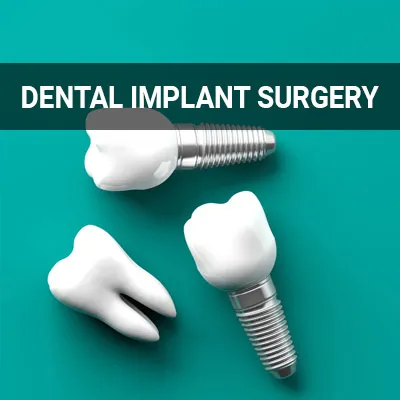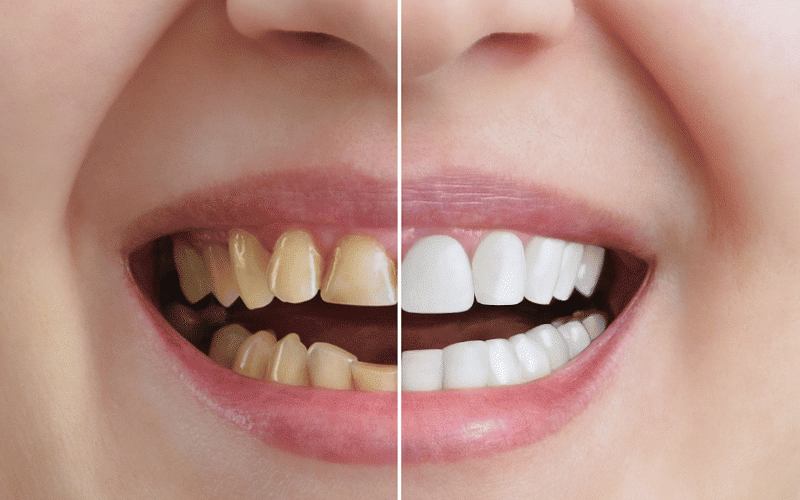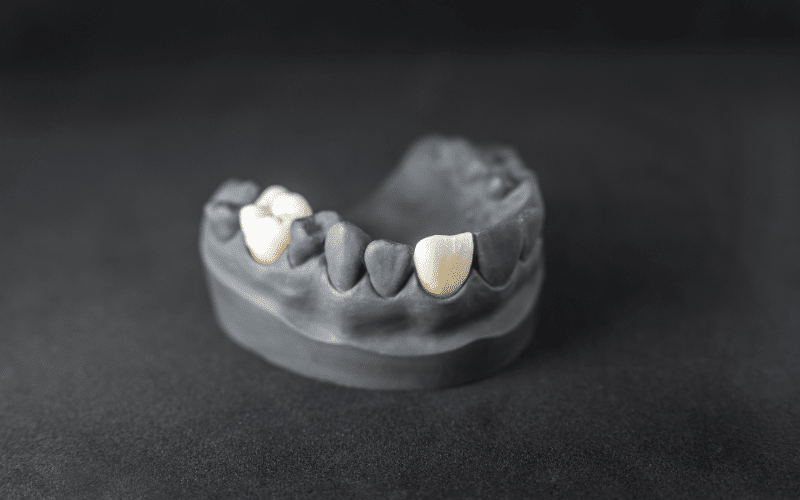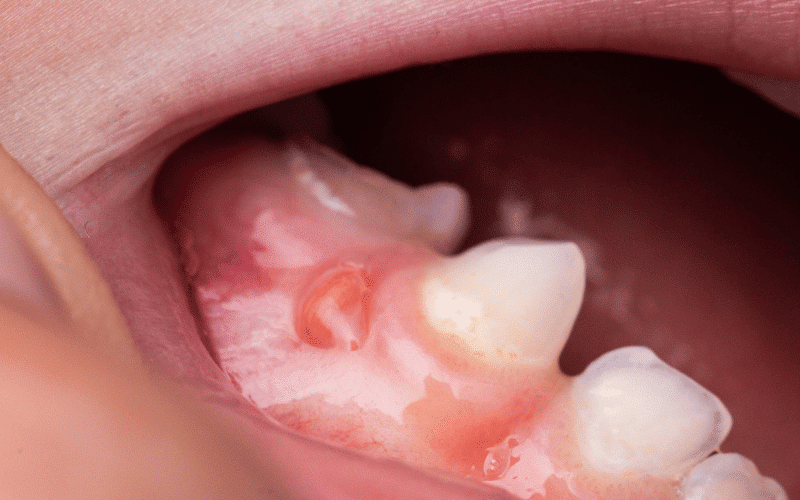
Implant Dentist, Glendale AZ
An implant dentist is a dental professional who is qualified to place surgical fixtures that anchor dental prostheses. Implant dentistry offers patients a permanent, comfortable, and effective way to improve their mouths’ look and function. Implants allow placement of dental prostheses such as replacement teeth, crowns, and bridges in the jaw.
Implant dentistry is available at Singh Smile Care - Dentist Glendale, AZ in Glendale AZ and the surrounding area. Our team can help you restore your smile’s appearance and function. Call us today at (623) 400-6009 to learn more about our services or schedule an appointment.

Implant Dentist Qualifications
The American Dental Association is an industry leader in dentistry in the US, and according to their experts, any trained, licensed dentist can perform a dental implant procedure on a patient. There is no dental surgeon specialty needed. Keep in mind that not every general dentist receives training using dental implants when they graduate.For this reason, some continue their education and training in the use of implants, to be able to work with this system when they begin their practice. So while the law permits any dentist to perform implant treatment, the best option is to go with a dentist who has accumulated a lot of experience working with dental implants.
Implant dentists have additional training and experience with anticipating, diagnosing, and treating surgical complications. Since implant dentists focus on implant procedures, they perform them more often than general dentists. Their extensive experience provides patients with a safety and comfort level that does not exist when dentists with less training and experience perform these procedures.
While it is legal for any licensed dentist to place dental implants, implant dentists have more advanced training and experience.
Dental Implants Procedures
Dental implant procedures involve inserting an implant to act as an artificial root, anchoring a custom restorative device. There are two major types of dental implants, endosteal and subperiosteal. Endosteal implants are the most commonly used dental implant and placed in the jawbone. They are usually made of titanium and shaped like small screws.
Subperiosteal implants are implants that we put under the gum but not in the jawbone. This type of implant is best for patients who do not have enough healthy natural jawbone and cannot undergo a procedure to rebuild it. In other cases, we can rebuild the bone through a bone augmentation, a sinus lift, or a ridge expansion to provide a sturdy foundation for an implant.
Dental implant procedures involve inserting an implant to act as an artificial tooth root, anchoring a dental restoration.
Dental Implants Vs. Dentures
Dental implants and dentures are both common options to replace missing teeth. Dental implants are a permanent solution to replace a missing tooth or teeth. Dentures are removable appliances that replace missing teeth and some gum tissue.
Many patients often opt for implants due to their natural appearance and function. However, people must have healthy gums and jaws to receive a dental implant. Dentures may be the right choice for patients who have gums or jaw that are weak or unhealthy.
Many patients often opt for implants due to their natural appearance and function.
Alternative Implant Options
Implant-supported crowns are a popular solution for missing teeth, but they are not the only option available. Implant dentists can also provide implant-supported dentures or bridges. While crowns replace one missing tooth at a time, bridges can restore multiple missing teeth at once. The number of implants placed will depend on the bridge size.
Dental implants hold the bridge securely so that it feels and functions just like natural teeth. Unlike conventional dentures that sit on the gums, implant-supported dentures are more stable and versatile. This restorative appliance tends to fit better and feels more comfortable than traditional dentures while preserving the jawbone and preventing further bone loss.
Implant dentists can also provide implant-supported dentures or bridges.
Questions Answered on This Page
Q. What qualifications does an implant dentist have?
Q. What dental implants procedures does an implant dentist perform?
Q. How do dental implants compare to dentures?
People Also Ask
Q. Who is a good candidate for dental implants?
When To Seek an Implant Dentist
According to the American Academy of Implant Dentistry, almost anyone missing at least one tooth can receive a dental implant once facial growth and development are complete. To qualify for an implant, the person should be in good general health with healthy gums and enough bone to hold the implant. They must also have good oral hygiene and attend regular dental visits.
People with one or more missing teeth can benefit from receiving treatment from an implant dentist. In some severe tooth loss cases, an implant dentist can replace all of a patient’s teeth. Dental implants can significantly improve the quality of life of a patient with missing teeth. These restorations can improve the appearance, function, and feel of teeth and help people eat, speak, and feel confident.
People with one or more missing teeth can benefit from receiving treatment from an implant dentist.









